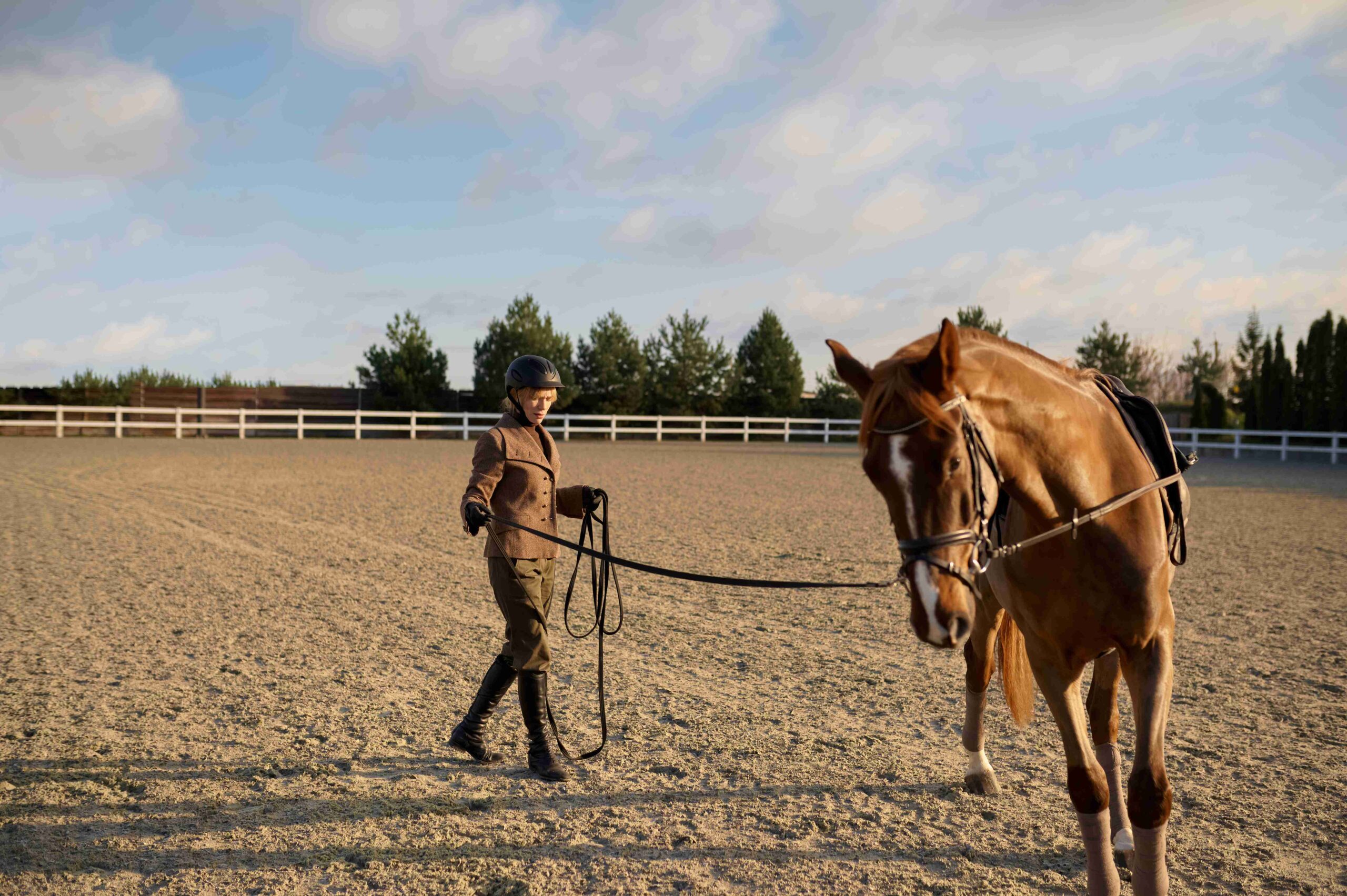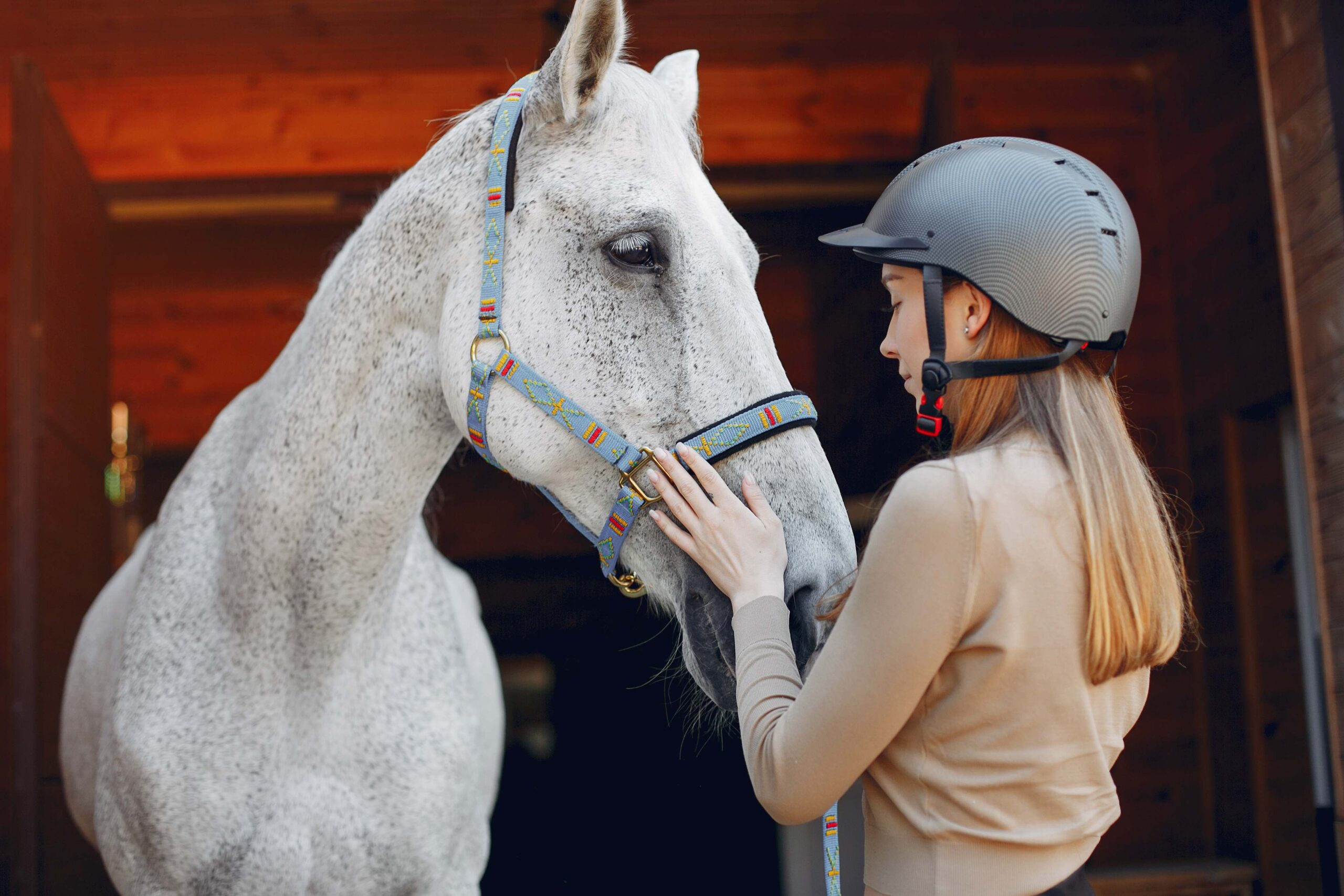Guide horses are an extraordinary alternative to traditional guide dogs, offering support and companionship to individuals with visual impairments. Though less common than their canine counterparts, these miniature horses possess exceptional qualities that make them suitable for service work. Their intelligence, longevity, and calm temperament set them apart, offering a unique solution for those seeking a guide animal.

What Makes Guide Horses Unique?
Guide horses bring several distinct advantages to the role of a service animal. Their inherent qualities make them a compelling option for individuals who may prefer or require an alternative to dogs.
Key Attributes:
- Longevity: Miniature horses can live 30 to 40 years, providing decades of companionship and service.
- Calm Demeanor: These animals are naturally composed, making them ideal for guiding in busy or chaotic environments.
- Strength and Stamina: Despite their small size, guide horses possess remarkable endurance and physical strength.
Their excellent vision, nearly 350 degrees of coverage, and sensitivity to motion allow guide horses to detect potential hazards quickly. These traits make them reliable partners for navigating various environments, from crowded urban areas to quiet rural settings.
Training Process for Guide Horses
Guide horses undergo rigorous training to ensure they meet the physical and cognitive demands of service work. The process focuses on equipping them with the skills needed to support their handlers effectively.

Steps in Training:
- Physical Examination: All candidates must pass a thorough health check to ensure they are fit for service.
- Socialization: Horses are exposed to diverse environments to become comfortable in various settings, including urban streets, malls, and restaurants.
- Task Training: They learn to navigate obstacles, respond to commands, and guide their handlers safely.
- Desensitization: Guide horses are trained to remain calm in noisy, unpredictable situations, such as traffic or crowded areas.
This comprehensive training ensures that guide horses can handle the challenges of their role while maintaining a strong bond with their handler.
Benefits of Choosing a Guide Horse
While guide dogs are more common, guide horses offer unique advantages that make them a valuable choice for certain individuals. For people with allergies to dogs or those who feel a stronger connection to horses, these miniature companions provide an exceptional alternative.
A Partnership Built on Trust
Guide horses are lifelong companions that bring independence, safety, and joy to their handlers. Their unique qualities and specialized training make them a remarkable alternative for individuals seeking support. By highlighting the incredible work of guide horses, we celebrate the profound ways animals enrich human lives and help people overcome challenges with grace and dignity.
